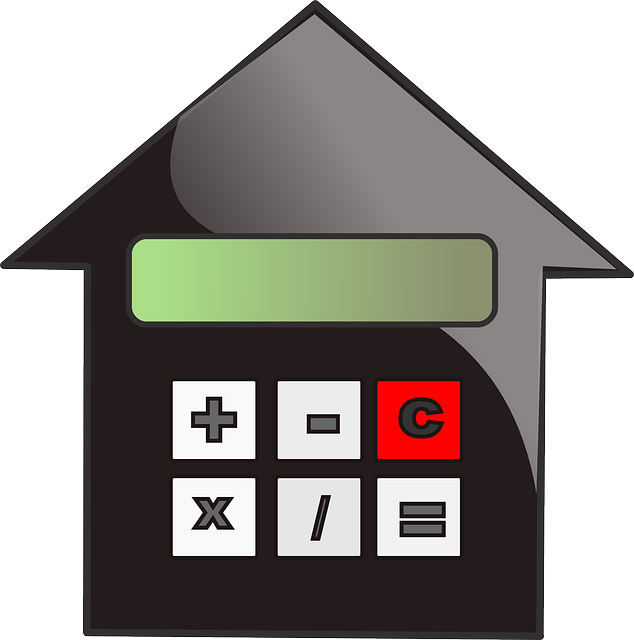Debt consolidation loans are an attractive option for self-employed individuals with bad credit, merging multiple high-interest debts into a single loan with flexible terms. Despite not requiring perfect credit, lenders assess business stability and financial health. By simplifying repayment, reducing stress, and potentially lowering interest rates, these loans help self-employed borrowers gain control of their finances. Maximizing benefits includes honestly assessing financial situations, maintaining stable income, building an emergency fund, regular budget reviews, and making timely payments – all contributing to improved credit scores over time.
Struggling with debt? As a self-employed individual with bad credit, it can feel like your options are limited. Enter unsecured consolidation loans—a potential lifeline for managing multiple debts. This article guides you through the process of securing these loans, specifically tailored to meet the needs of the self-employed. We’ll explore eligibility criteria, unpack benefits, and offer tips for effective debt consolidation, empowering you to take control of your financial future. Discover how debt consolidation loans can be a game-changer for the self-employed.
- Understanding Unsecured Consolidation Loans for Bad Credit
- Eligibility Criteria for Self-Employed Individuals
- Benefits and Tips for Effective Debt Consolidation with These Loans
Understanding Unsecured Consolidation Loans for Bad Credit
Unsecured consolidation loans for bad credit history are a viable option for individuals looking to manage their debt, even with less-than-perfect financial records. These loans allow borrowers to combine multiple high-interest debts into a single loan with a potentially lower interest rate and more manageable terms. For self-employed individuals, who often face unique financial challenges due to varying income streams and expenses, this can be particularly beneficial.
Debt consolidation loans provide an opportunity to streamline repayment, making it easier to stay on top of payments without the burden of multiple due dates. Furthermore, they can offer flexibility in terms of loan amount and repayment period, tailored to suit individual needs. This approach can help improve credit scores over time by demonstrating responsible debt management.
Eligibility Criteria for Self-Employed Individuals
When it comes to debt consolidation loans for the self-employed, eligibility criteria can vary depending on the lender and the specific loan program. However, many lenders have similar requirements for individuals with self-employment income. Firstly, lenders typically look for a stable source of income, which is essential to ensure repayment ability. This often involves providing tax returns or financial statements to demonstrate consistent revenue streams from self-employment activities.
Additionally, lenders may assess the credit history and credit score of self-employed borrowers. While bad credit history won’t necessarily exclude individuals from securing a debt consolidation loan, it might impact interest rates and loan terms. Lenders often consider factors such as the length of time in business, cash flow stability, and the ability to manage expenses during challenging periods. Demonstrating these aspects can strengthen an application for Debt Consolidation Loans for the Self-Employed, even with less-than-perfect credit history.
Benefits and Tips for Effective Debt Consolidation with These Loans
Debt Consolidation Loans for the Self-Employed can be a powerful tool to simplify financial management and regain control over your finances, even with bad credit. One of the primary benefits is consolidation’s ability to streamline multiple debts into one manageable loan. This simplicity allows you to focus on making consistent payments without the stress of juggling various lenders and due dates. Additionally, these loans often offer lower interest rates compared to individual debt sources, saving you money in the long run.
When considering Debt Consolidation Loans for Self-Employed individuals, it’s crucial to evaluate your financial situation honestly. Start by assessing your current debts, interest rates, and monthly cash flow. This analysis will help identify which debts are most urgent to consolidate first. Additionally, maintain a stable income stream and consider building an emergency fund to demonstrate financial responsibility to lenders. Regularly reviewing your budget and making timely payments can significantly enhance your credit score over time, improving access to better loan terms in the future.
Debt Consolidation Loans for the Self-Employed offer a viable solution for individuals navigating challenging financial landscapes. By understanding the eligibility criteria and benefits, those with bad credit history can effectively manage their debts and work towards financial stability. This article has provided valuable insights into unsecured consolidation loans, enabling readers to make informed decisions tailored to their unique situations.
